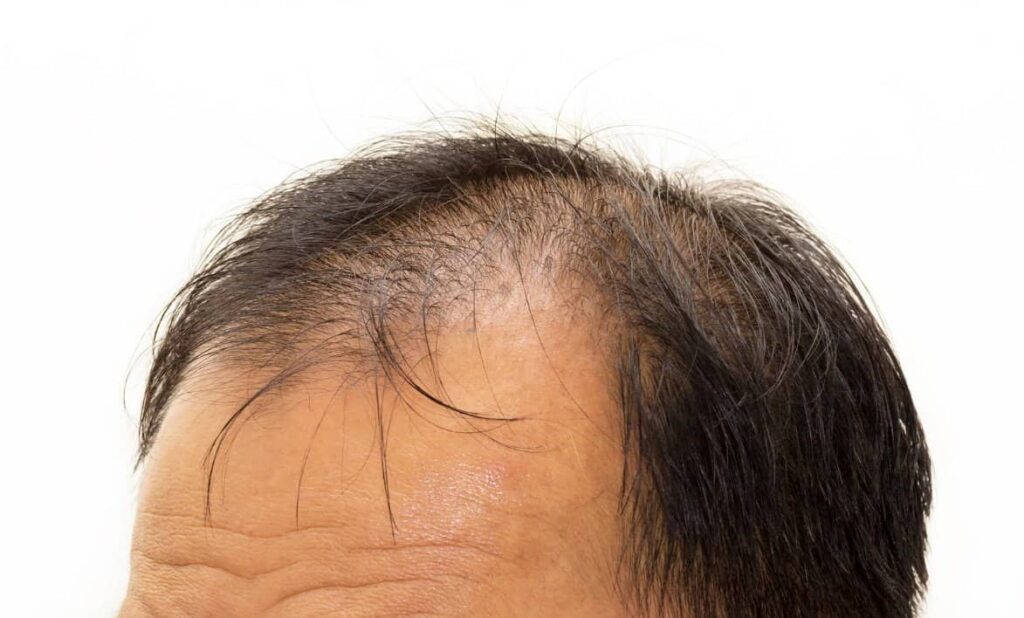
Hair loss can affect anyone, making them feel less confident. Many people consider hair transplants as a solution, but not everyone qualifies for the procedure. If you are thinking about getting a hair transplant, you must understand whether you are the right candidate.
In this article, we will explain who the ideal candidate for a hair transplant is, what factors affect the results, and what you should consider before making a decision.
What is a Hair Transplant?
A hair transplant is a medical procedure where hair follicles are moved from one part of the body (usually the back of the scalp) to bald or thinning areas. This helps in regrowing natural-looking hair.
There are two main types of hair transplant procedures:
Follicular Unit Transplantation (FUT) – A strip of skin with hair is taken from the donor area and then implanted in the bald areas.
Follicular Unit Extraction (FUE) – Individual hair follicles are extracted and transplanted one by one.
Who is the Ideal Candidate for a Hair Transplant?
An ideal candidate for a hair transplant is someone who experiences permanent hair loss (such as male or female pattern baldness) and has sufficient donor hair (usually from the back or sides of the scalp) to achieve desired coverage. They should be in good overall health, have realistic expectations, and understand that results take time to develop. Factors like age, hair type, scalp condition, and cause of hair loss also influence suitability.
1. Sufficient Donor Hair
A successful hair transplant requires enough healthy hair on the donor area (usually the back and sides of the scalp). If you have severe baldness with very little donor hair, a transplant may not be effective.
2. Type of Hair Loss
People suffering from pattern baldness (male or female pattern baldness) are ideal candidates. This type of hair loss follows a predictable pattern, making it easier for doctors to plan the transplant. Those with hair loss due to medical conditions like alopecia areata may not be suitable candidates.
3. Stable Hair Loss
If your hair loss is still progressing, a transplant might not be the best option yet. Doctors usually recommend waiting until hair loss stabilizes to ensure long-lasting results.
4. Good Overall Health
A hair transplant is a surgical procedure, so being in good health is essential. People with conditions like diabetes, heart disease, or uncontrolled high blood pressure may need to consult a doctor before undergoing the procedure.
5. Realistic Expectations
An ideal candidate understands that hair transplants do not create instant results. Hair takes time to grow, and full results may take up to a year. Additionally, the density of transplanted hair may not match the natural hair perfectly.
Factors That Can Affect Hair Transplant Results
Even if you are an ideal candidate, several factors can influence the success of a hair transplant:
1. Age
While there is no strict age limit, younger people experiencing hair loss may not be the best candidates. Hair loss might continue after the transplant, leading to uneven results.
2. Hair Type and Texture
People with thick, curly, or wavy hair often get better coverage than those with fine, straight hair. The texture of your hair can impact the final appearance.
3. Scalp Elasticity
For FUT procedures, scalp flexibility matters. A tight scalp may make it difficult to extract a donor strip.
4. Smoking and Alcohol Consumption
Smoking and excessive alcohol can slow down healing and affect hair growth. Quitting or reducing these habits before and after the surgery can improve results.
What to Consider Before Getting a Hair Transplant
If you believe you are an ideal candidate for a hair transplant, here are some things to consider before making your decision:
1. Choosing the Right Clinic and Surgeon
Select a qualified and experienced hair transplant surgeon. Research their reviews, before-and-after pictures, and patient testimonials.
2. Understanding the Costs
Hair transplants can be expensive. The cost depends on factors like the number of grafts required and the clinic’s location. Be sure to get a clear price estimate before proceeding.
3. Post-Transplant Care
After the procedure, you need to follow a proper care routine. This includes avoiding sun exposure, strenuous activities, and following the doctor’s instructions for washing and caring for your scalp.
4. Alternative Treatments
Before undergoing surgery, explore other options like medications (Minoxidil, Finasteride), PRP therapy, or lifestyle changes that may help slow hair loss.
Conclusion
A hair transplant can be a life-changing solution for many people experiencing hair loss. However, not everyone qualifies for the procedure. The ideal candidate for a hair transplant should have sufficient donor hair, stable hair loss, good health, and realistic expectations.
If you are considering a hair transplant, consult with a specialist to determine whether you are a good candidate. By understanding the process, potential risks, and post-care requirements, you can make an informed decision and achieve the best possible results.
